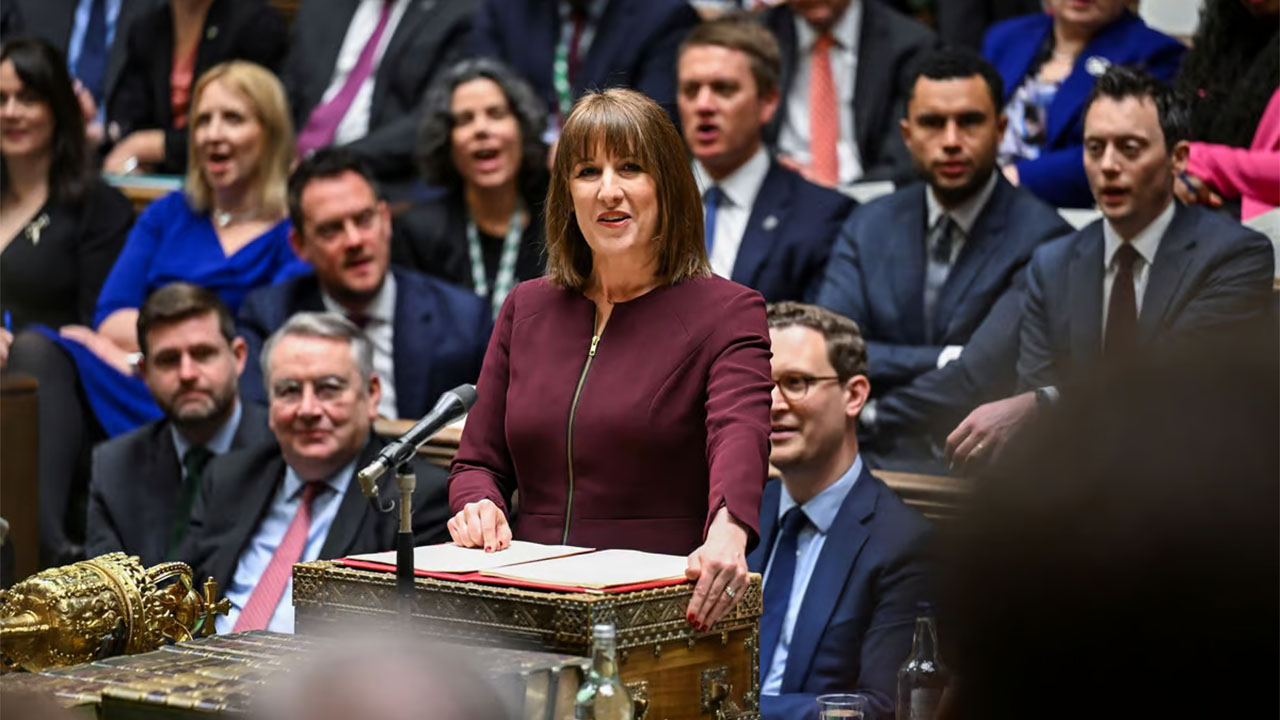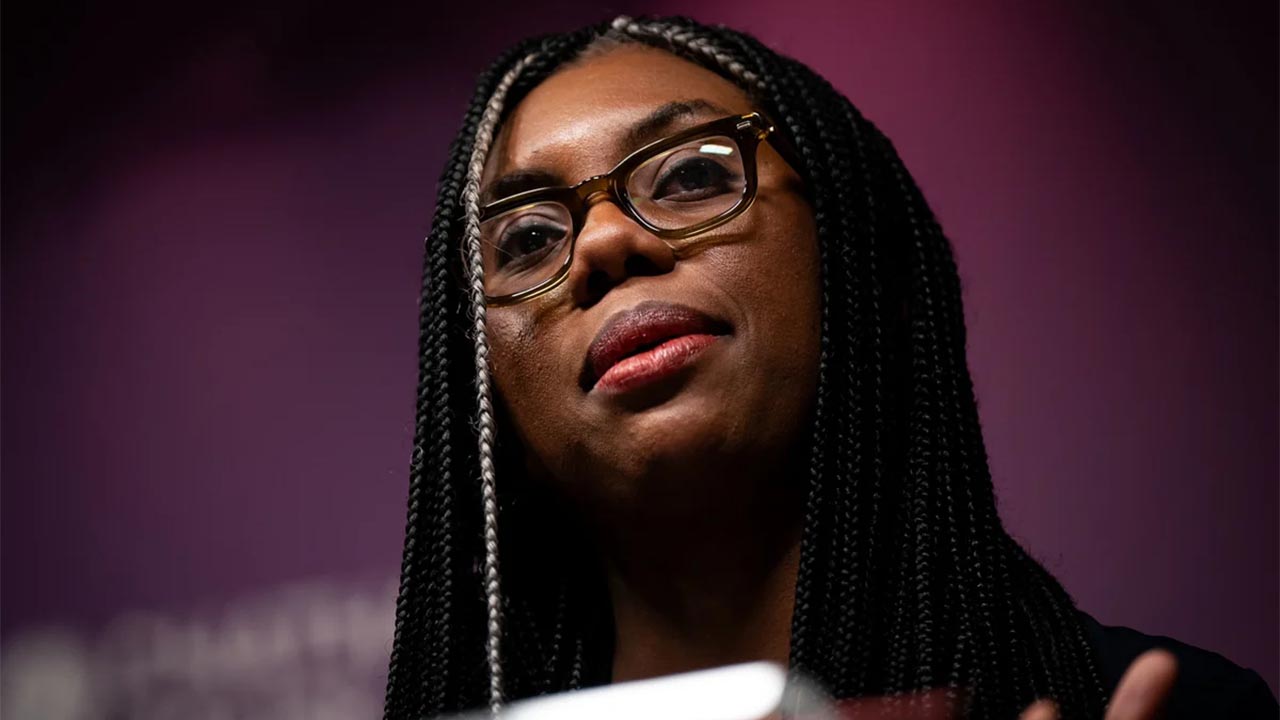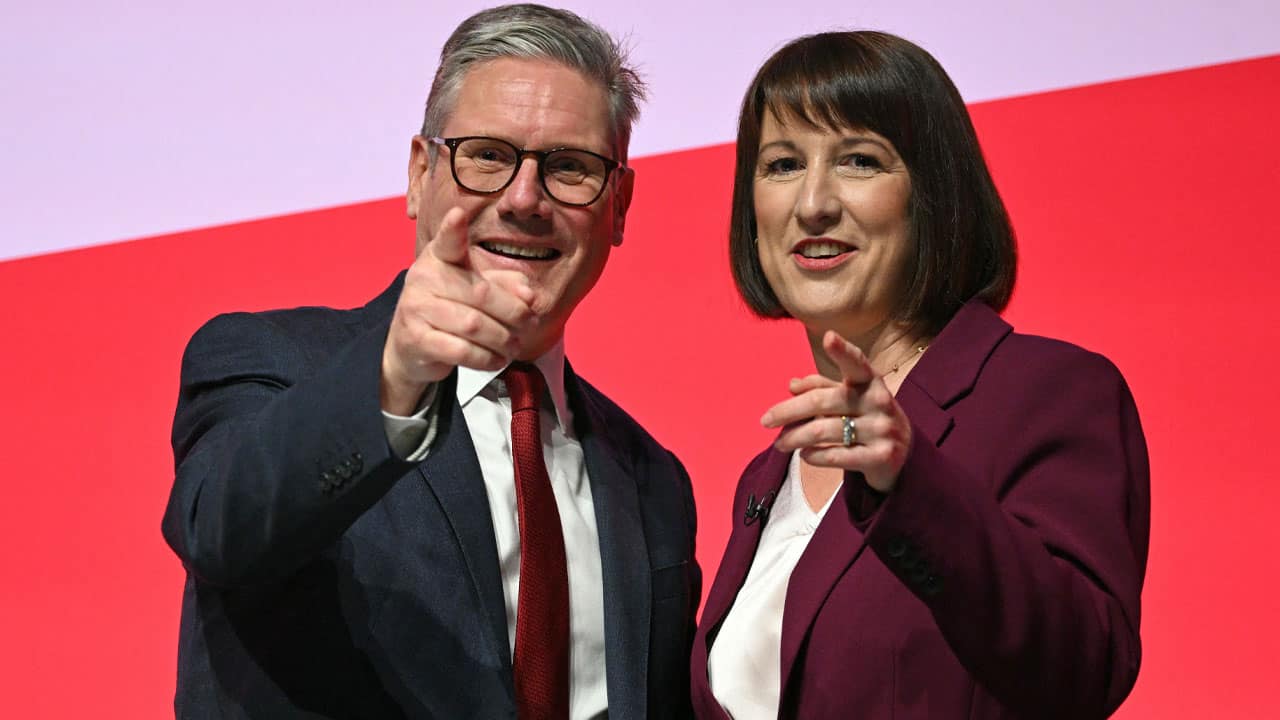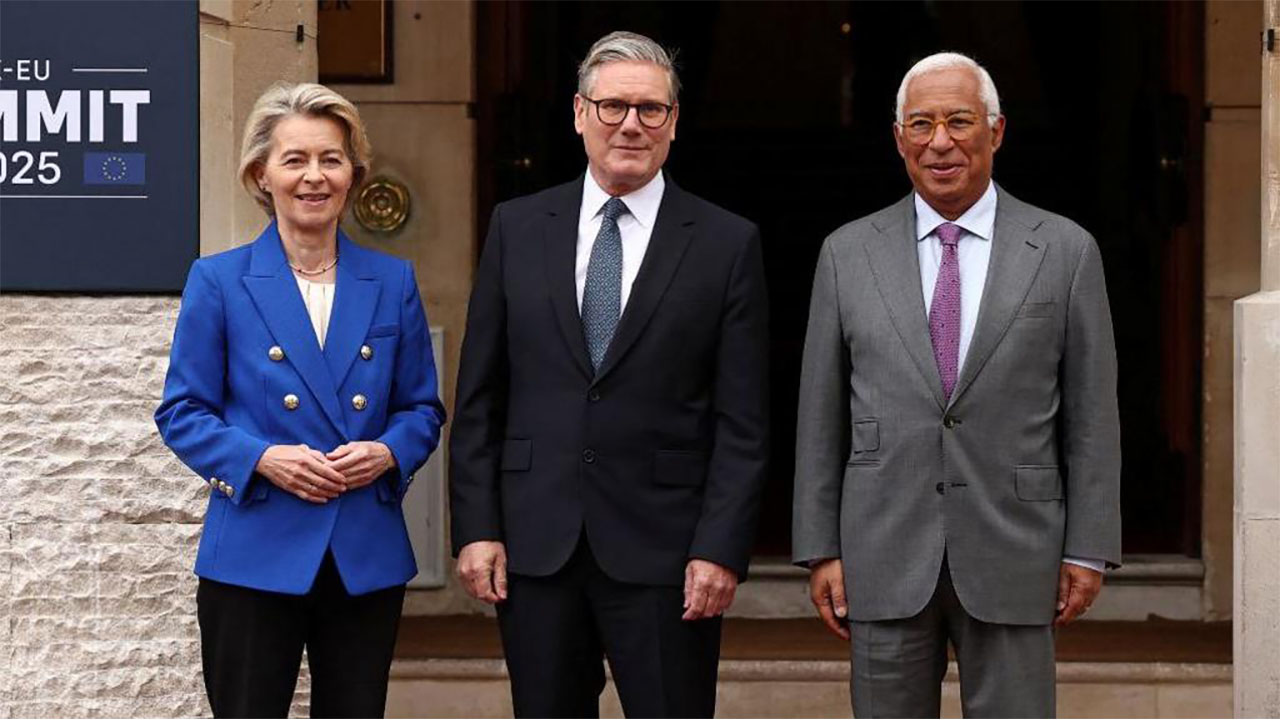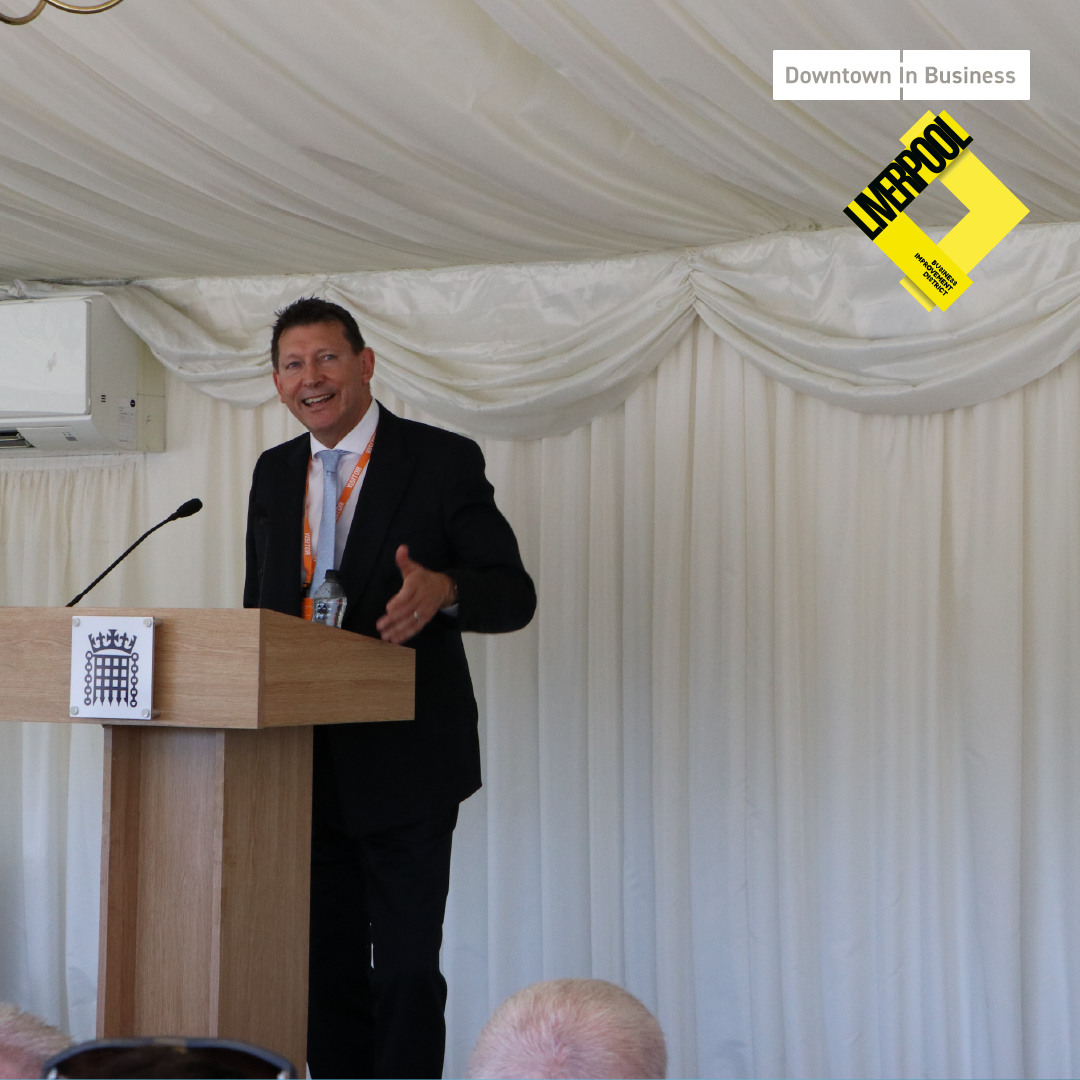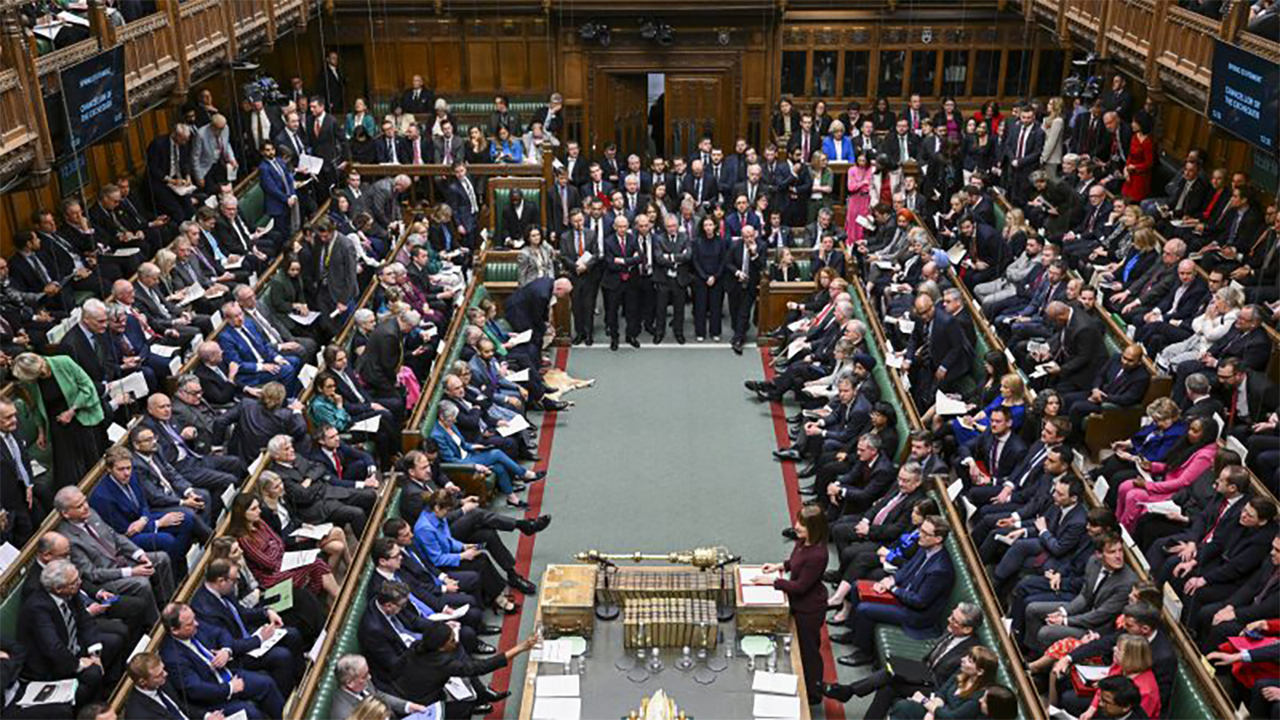Inevitably, it has been the Kwasi Kwarteng fiscal plan that has been the focus of the criticism that had rained down on him and his boss Liz Truss over the past fortnight.
However, tax cuts are only one aspect of the Prime Minister and Chancellors growth strategy.
Enabling more development and house building by scrapping planning rules; ripping up employment rights and taking on the Unions; cutting red tape and bureaucracy for business; and slashing benefits and public spending are among the measures that the new government feels are essential if they are to hit their stated target of 2.5% growth in the medium term.
Their problem is that, although those messages were music to the ears of the Conservative Party members who selected Truss for her new job, it is an agenda that has little support from the Tory parliamentary party, most of whom didn’t support her leadership bid.
The reason we are seeing Truss rowing back from so many announcements that were made in the ‘mini budget’ is not simply due to her party’s collapse in the polls, nor the reaction of the markets. It is because she is being informed by her whips that there is zero appetite from her backbenchers for the sort of radical, reforming approach that she is seeking to impose in order to deliver her growth aspirations.
Her opponents are emboldened by the fact that, as Labour leader Keir Starmer pointed out at PMQs on Wednesday, this agenda has no mandate. It is not what the Red Wall – or indeed the Blue Wall – voted for. And it is not what Conservative MPs support either.
Billions of pounds have been spent propping up the economy through the pandemic and in supporting people through the energy crisis. At some point, the country will have to pay the debt back. The problem is, at the moment, nobody seems to want to have that conversation – least of all Tory MPs.
We are told everyone is in favour of growth. I’m not convinced Conservative parliamentarians are.



